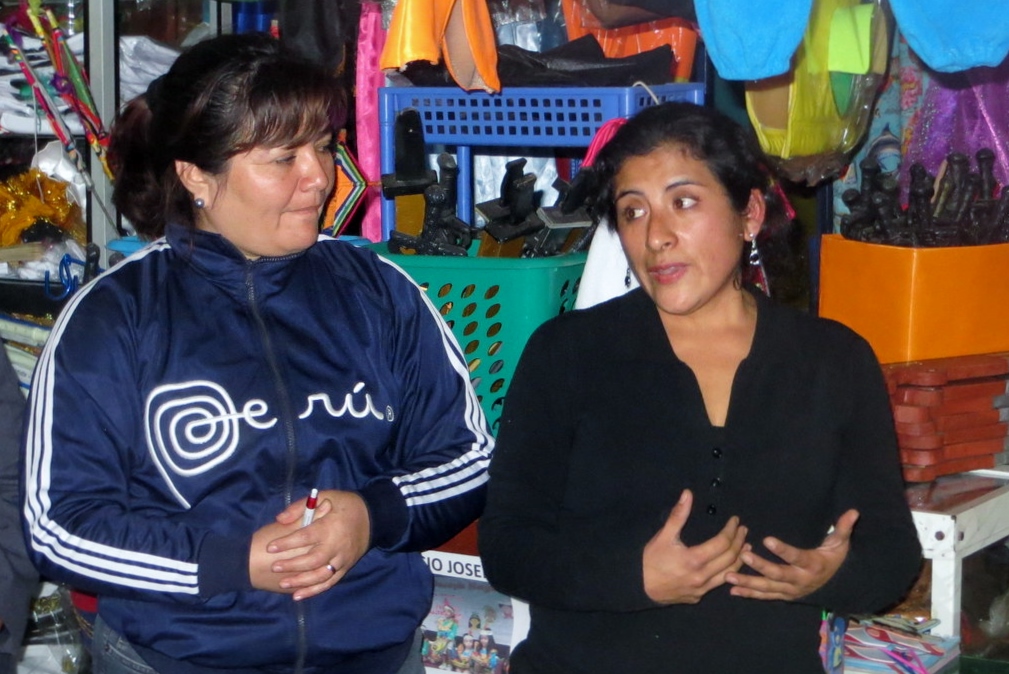Burundi has changed. And perhaps I’ve changed, now seeing this country and its people through different, older eyes. But perceptions aside, the people of Burundi now approach uncharted territory, collectively gathering their breath for a series of tests to the country’s democracy. And as the powers that be move and countermove in these weeks prior to national elections, I’m reminded of the proverb: When elephants fight, it is the grass that suffers.
From the air, Burundi is an undulating patchwork of greens and browns—that much hasn’t changed. On the ground, the changes are a bit more evident—and it feels different from six years ago. The capital city, Bujumbura, is still its tropical, charming self, but with even more cars, moto-taxis, bicycles, and people navigating the clogged, albeit newly paved, roads. Signs of increased commerce are everywhere, with more air conditioned restaurants and swanky cafes—not to mention internet speeds that no longer rob users of their youth and sanity. These mostly urban developments impact only a small percent of Burundians, but something deeper is taking place throughout the country.
When I lived in Burundi from 2008 – 2009, I spoke with many families just returning from refugee camps and other camps for internally displaced peoples. They were starting their lives again after Burundi’s long civil war, and while many expressed hope for the future despite their present reality, others feared for their survival without employment or land to cultivate. Today, traveling outside of Bujumbura with my HOPE Burundi coworkers, I’ve met some of the people—church partners, pastors, field coordinators, and participating groups and individuals—that are part of HOPE’s savings and credit association program. And I’m hearing a different, more hopeful narrative.
Continue Reading…








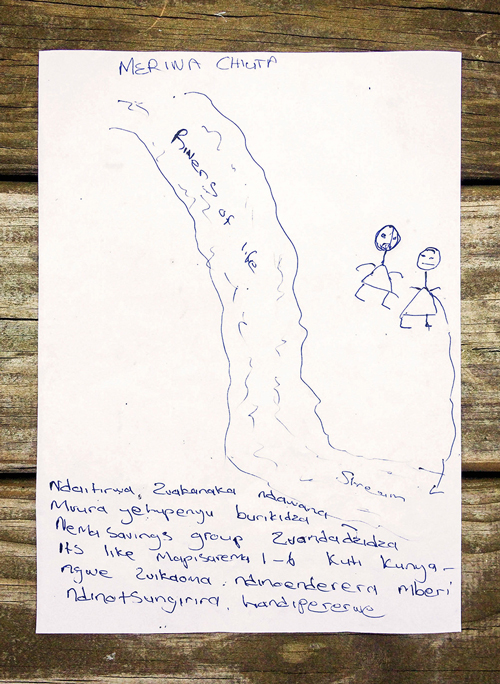
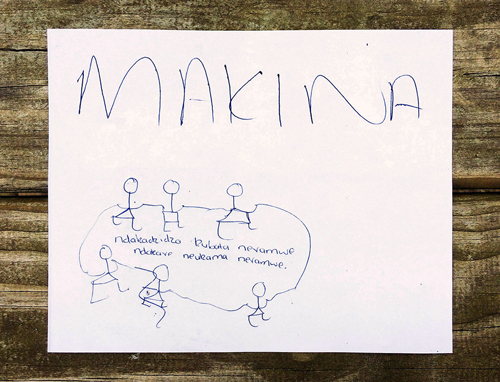
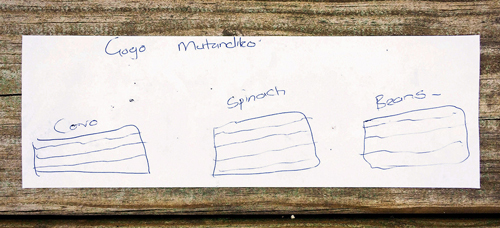
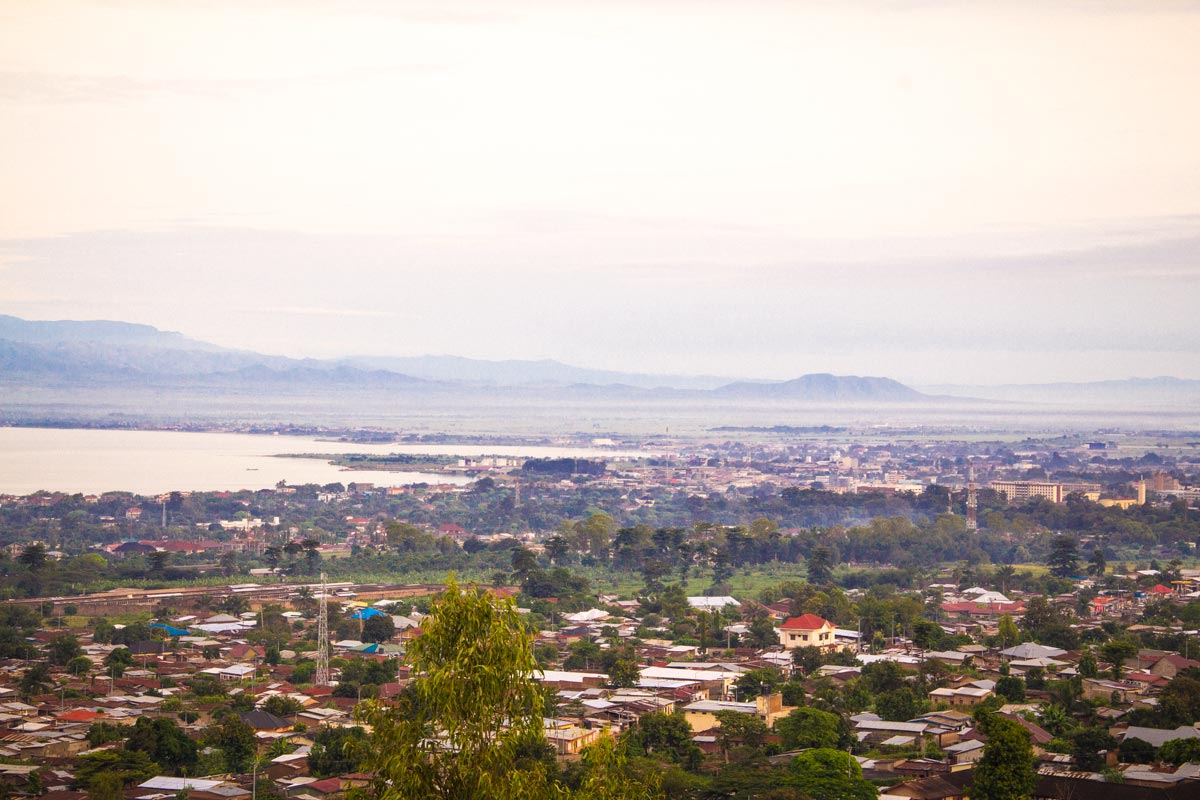
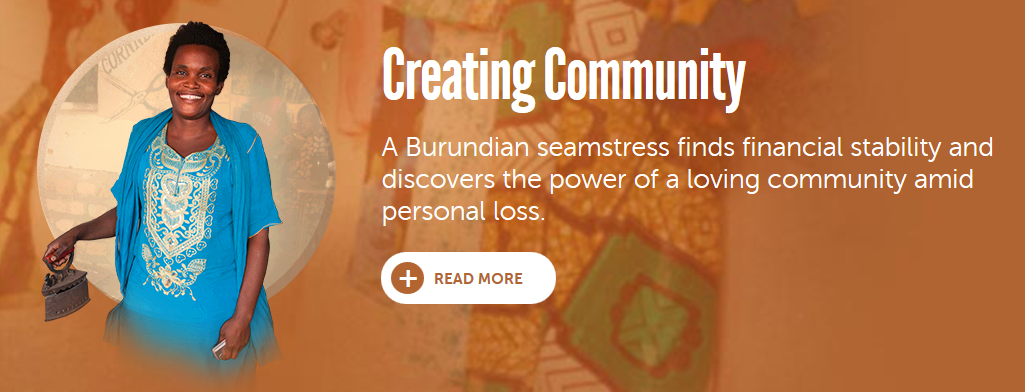
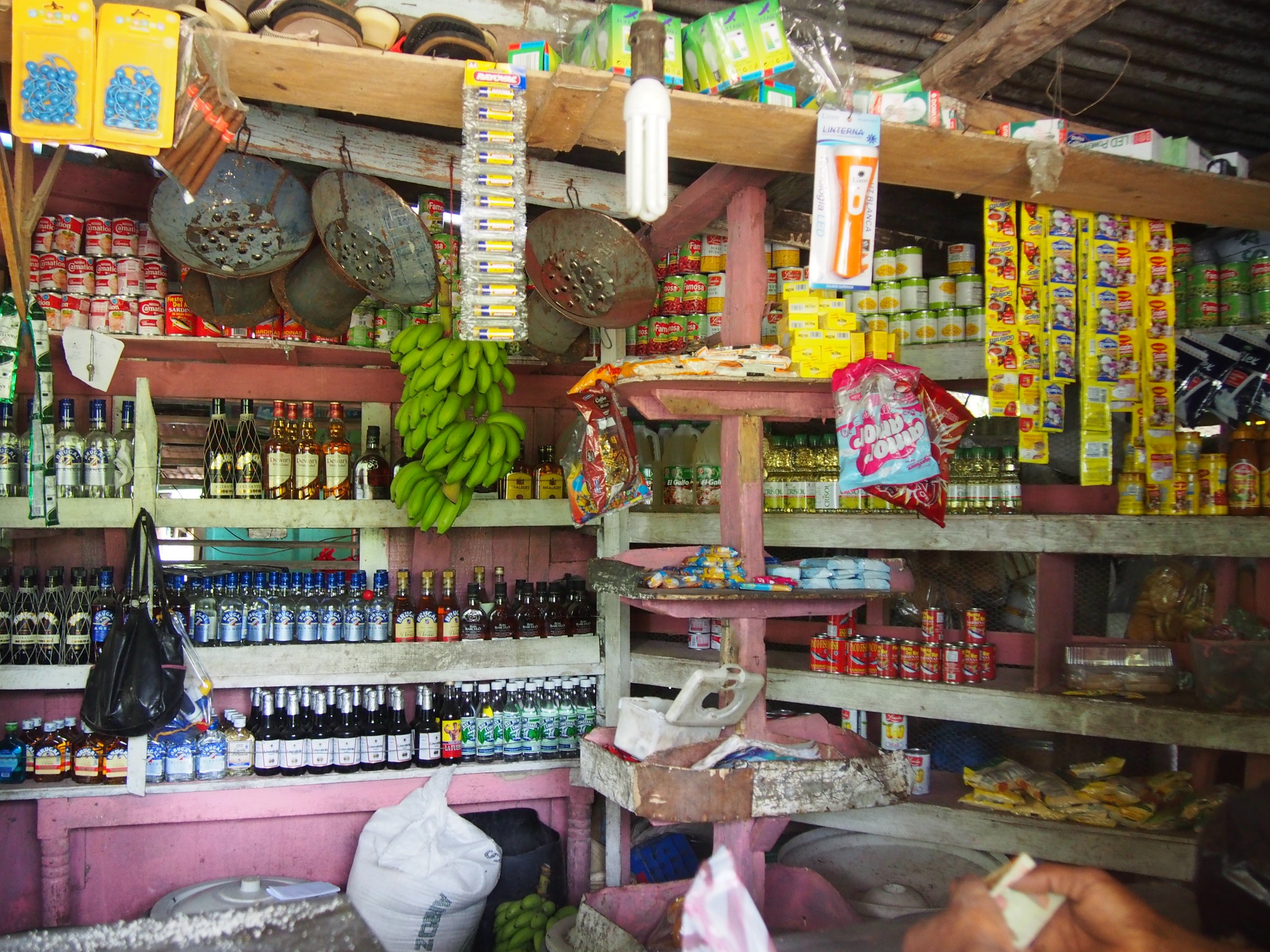
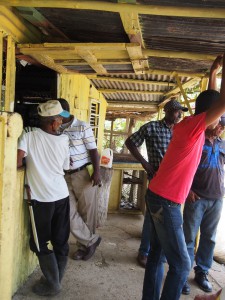 At times they share a just-purchased snack or drink, or perhaps they start a game of dominoes or chess (can you imagine a chess match going on inside your local 7-Eleven?). Many colmados keep these games behind the counter and let you borrow them, along with a few plastic chairs; a game will often draw a crowd of spectators.
At times they share a just-purchased snack or drink, or perhaps they start a game of dominoes or chess (can you imagine a chess match going on inside your local 7-Eleven?). Many colmados keep these games behind the counter and let you borrow them, along with a few plastic chairs; a game will often draw a crowd of spectators.